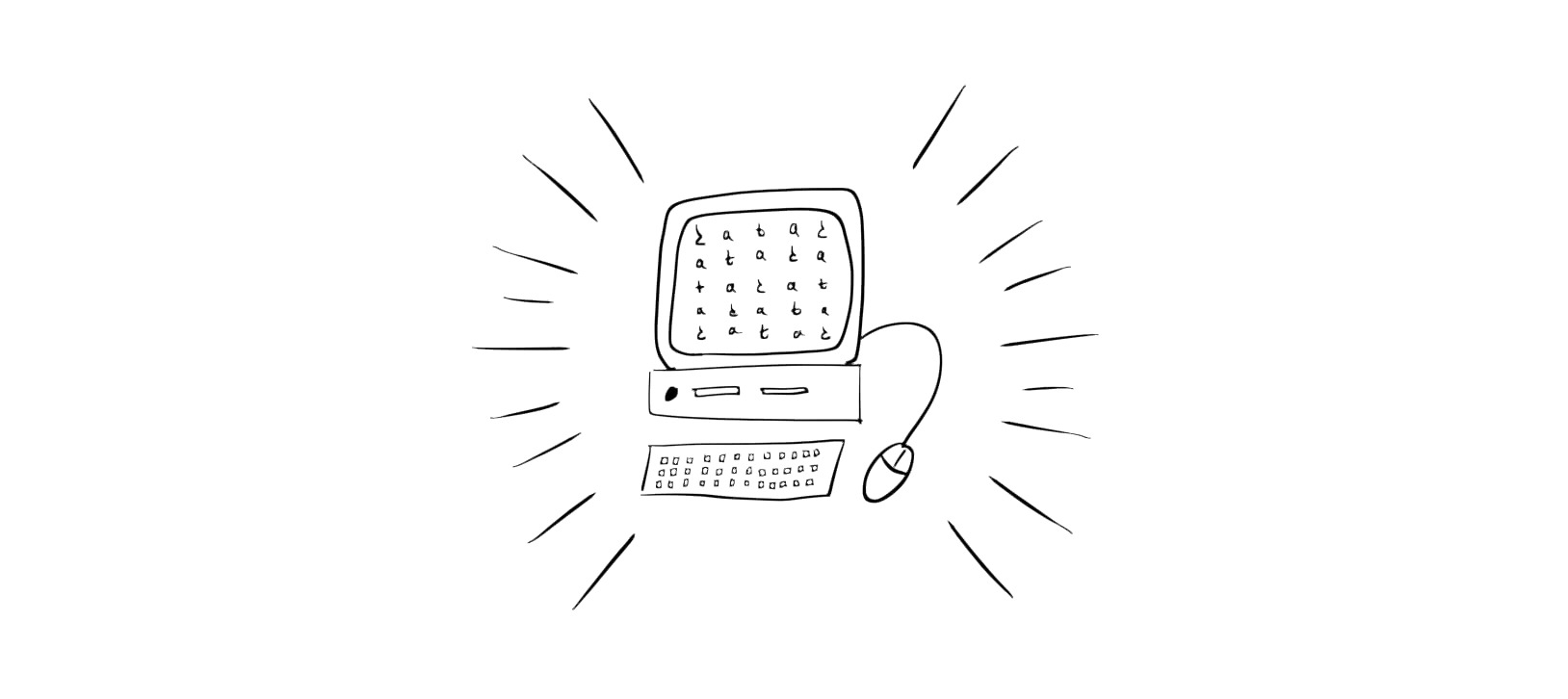We Don’t Own Our Data, Do We?
PermalinkData, data, data.
Big data, buzz words. I have been wanting to write about data for quite a long time already, but I’ve never found a moment where that would be opportune for me. Data is one of the most important resources for companies right now even though we don’t acknowledge it most of the times.

Everything we generate is data. Some is more important than others, but every single tiny bit we generate on our computers, on the web, is data. Is it ours? Does it belong to us? Can we easily collect it in a way that we can analyse it and transform it the way we want?
Some days ago I had an idea, a really simple idea: gather the data that I’ve been producing and putting into some services, such as GoodReads, Trakt and Spotify, to name a few, and build a small database with a GraphQL frontend API for some reasons:
- I wanted to try out GraphQL to see how it works. And this is just the simplest reason.
- It’s been quite a long time that I’ve dreamed of a way to analyse the data I produce and query it in a meaningful way. Make questions such as “what is the genre I’ve been listening more throughout my life?” or “what was the longest TV series I have ever watched?”.
However, I did not find that goal as straightforward as I thought it would be. First of all, there are some services that don’t let me download the data at all. Then, there are those that consider downloading your own data a “premium” feature. Finally, there are the ones that actually let us download the data, but there’s always a “but”. Not all of them let us download the data whenever you want — most likely you’ll need to “request” the data and wait for it to be available.
And this… is… an hassle. And really boring. I just wanted to do something funny and interesting and educational-worthy of my data.
There is a principle called own your data. The definition is as follows:
own your data is an IndieWeb principle with two key parts: 1) your data lives primarily on your own domain , and 2) you maintain usable access to it over time.
This is not just a principle, but something I think we should convey as a society and make it easy for everyone to own their own data. If you open the page linked above and look at the examples, you’ll definitely see that I am too far a way to own my data. Well, most of us are. And it’s hard!
For years, we’ve been trapped into using so many platforms that make everything easy. Despite not living in the 90s, looking at what GeoCities was just gives me chills. People actually created and built websites in that time! They would learn what HTML, CSS and JavaScript is and make the most creative websites… we might argue that they’re not the most conforming to today’s “design principles”, but they’re creative, they show a personality.
Nowadays, we “all” use Facebook, Instagram, Twitter… does anyone still create websites and make them look like their personality? No! Yes, there is a much bigger learning curve on creating your own website and I’m not talking about using some template someone created that makes every website look exactly the same. I’m talking about writing your own website and making it look as you want it.
If you look at NeoCities page, you’ll get some vibes from the 90s, when people cerated their actual websites. NeoCities was created by Kyle Drake in an attempt to revive the individual creativity that you could see on the web.
So… and stopping to talk about websites and creativity… getting back to the data: own it! Start by creating a website on your own domain. Make it personal, make it yourself.
I’m just dumping some of my ideas for the future of this website.
- Make a list of the books I’ve read. I usually don’t write reviews or summaries of the books I read, but probably I should do that. It’s important to keep the information alive. Move from GoodReads to my own website everything.
- Keep using Instagram, but post the photos here first and then post them there. Read about POSSE.
There are just the two first ideas and steps for owning my own data. Maybe I’ll try to analyse some other data I produce such as music and movie habits, but let’s do that another day!
